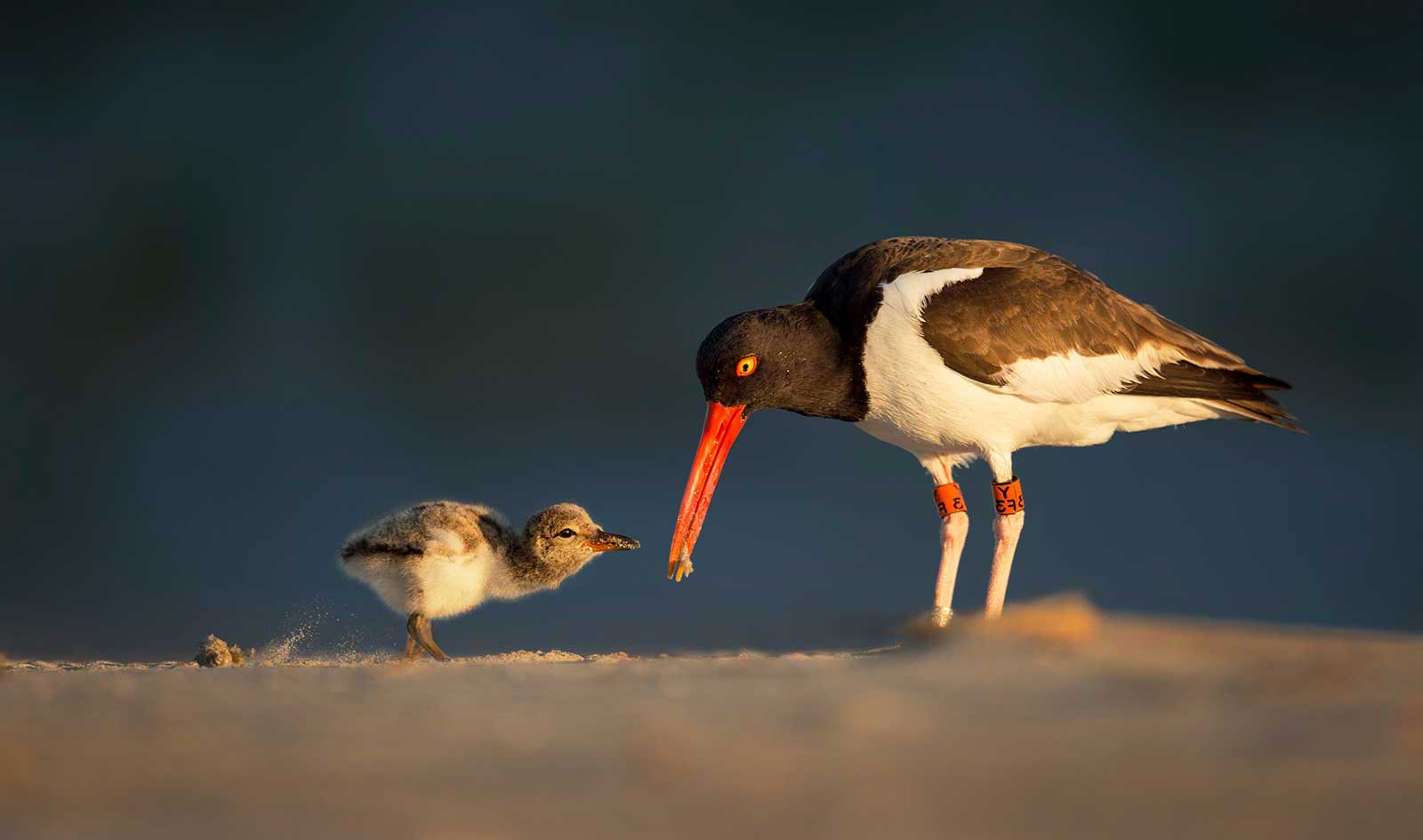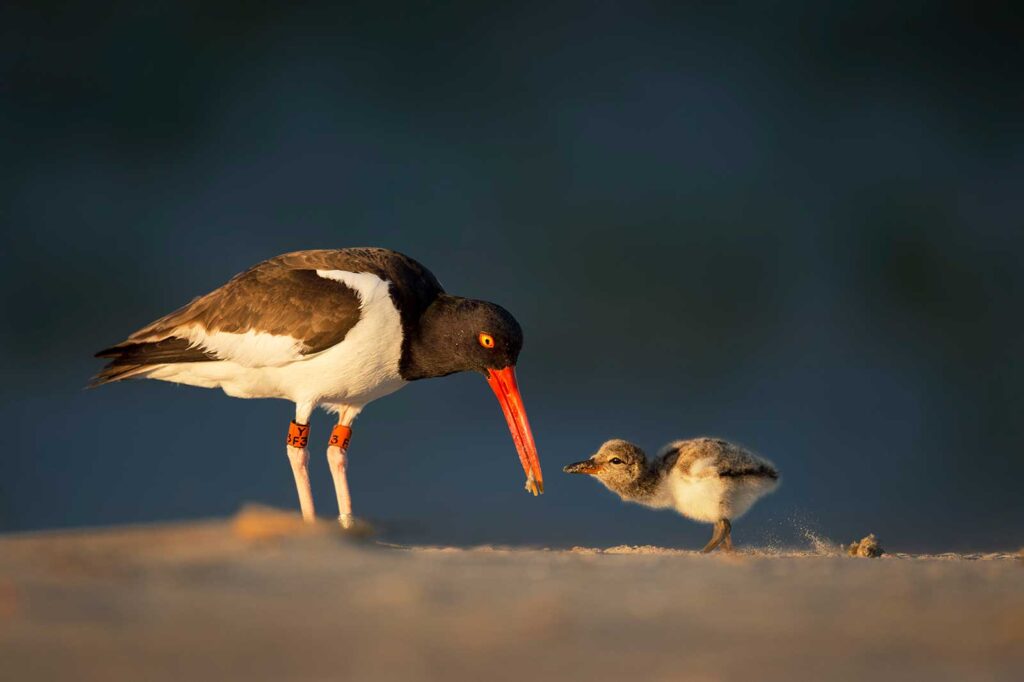

David Loy, CE, ISA Certified Arborist | Environmental Division Director
Effective October 2024, the Florida Fish and Wildlife Conservation Commission (FWC) is implementing new regulations aimed at protecting imperiled beach-nesting birds (IBNBs), which include species such as the least tern, black skimmer, American oystercatcher, and the snowy plover. These birds are vital to Florida’s coastal ecosystems, but their populations are at risk due to habitat loss, human disturbances, and predation. The new regulations are designed to mitigate these threats and enhance conservation efforts, with specific measures that will affect both the public and property owners along Florida’s beaches, as well as some inland sites.
Breeding season varies depending on location and is typically from February 15th to September 1st.

One of the key aspects of the new regulations involves increased protections for critical nesting habitats. Property owners near beach areas where IBNBs are known to nest will need to adhere to stricter guidelines to minimize disturbances. These guidelines may include:
All entities managing construction activities near coastal areas are required to check if new IBNB permitting requirements apply during the project’s permitting phase. If so, the project manager (or a consultant on their behalf) must consult with the FWC to avoid or mitigate any impact on nesting birds. Potentially attractive nesting sites to these birds could include areas with adequate substrates like sand, gravel, or shell, as well as spoil islands, stockpiles of fill materials, gravel rooftops, and newly cleared land adjacent to areas inhabited by IBNBs. In these cases, non-injurious deterrents may be used to prevent birds from nesting.
Note: Black skimmers and least terns are also known to breed in inland water bodies, mines, and even on fallow fill piles associated with development sites. These less-documented alternative breeding sites are still protected under the new regulations, wherever they are found throughout the state, until the end of the breeding season, at minimum.
If IBNBs have created nest scrapes and exhibited courtship behaviors on rooftops, all maintenance activities must occur outside the breeding season, if possible. If maintenance activities cannot be postponed until after the breeding season concludes, property owners must consult with a permitted rooftop monitor in order to determine take avoidance measures and obtain a permit for incidental take if necessary.
Failure to comply with these regulations may result in penalties, as the FWC aims to ensure these sensitive habitats are preserved during crucial breeding periods.
A significant component of the new regulations is the introduction of a general permit and updated guidelines that streamline the process for property owners and developers who might impact IBNB habitats. The new general permit offers a standardized approach for minor activities that could affect IBNBs, allowing for quicker approvals while still ensuring that conservation measures are in place.
For more significant projects, the updated guidelines provide a clear framework for:
These guidelines emphasize the importance of take avoidance, meaning all reasonable measures must be taken to prevent harm to IBNBs during project planning and execution.
FWC is also enhancing its support services through the use of permitted IBNB monitors and rooftop monitors. These specially trained individuals assist property owners and local authorities in identifying and managing IBNB nesting sites.
Our team of biologists and certified ecologist have extensive experience with threatened and endangered species surveys, permitting, and Section 7 consultations. CFB is happy to work with our clients to guide them through the new FWC regulations concerning imperiled beach-nesting birds (IBNBs) as we work through obtaining certifications as Qualified Rooftop Monitors and IBNB Permitted Monitors through FWC.
These certifications will allow our staff to:
By partnering with CFB, you can confidently balance your development goals while ensuring compliance with new regulations involving protecting Florida’s vital coastal bird populations.
Explore CFB’s comprehensive Environmental Sciences services.
For any inquiries or to connect with our expert Environmental Sciences team, please visit our Contact Us page.
Helpful links and resources
We're excited to announce that our Wildwood Headquarters has moved to its new location in Middleton!